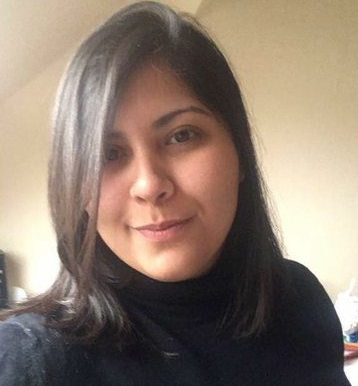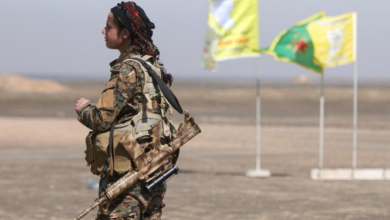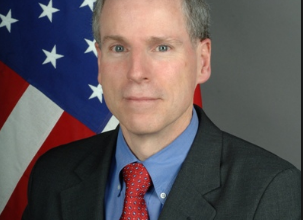
Khamenei’s universities: Exporting Islamic Revolution through soft power
shima silavi
Following the 9/11 attacks in the United States, the media was flooded with news of centers recruiting and brainwashing young Muslims with the intent to send them to carry out militant activities overseas.
The West then believed that only the Sunni sect of Islam was prone to radicalism and people were led to believe that these fanatics fund all Islamist movements and organizations. Today, opinion-makers are compelled to review this assumption.
Changing this perception is Iran, which has founded and strongly promoted hundreds of Shiite centers in the four corners of the world. As an example, only to fight in Syria, Tehran recruited, trained and sent 15 militia groups from neighboring countries, under the excuse of “protecting” Shiite shrines.
Such determination raises questions about how they manage to recruit people speaking different languages, from different countries and how they converted them into para-military mercenary units.
The question that needs to be asked is the following: Has the Islamic revolution been successfully exported, gaining supporters all over the world?
Al-Mustafa International University
The most influential of these centers is the al-Mustafa International University, founded in 1979 and headed by Supreme Leader Ali Khamenei. Under direct control of Supreme Council of the Cultural Revolution, al-Mustafa University is the most important Iranian government’s organization aimed at spreading Shiite Islam beyond its borders.
Headquartered in Qom, the university has branches in 60 countries. Annually, about 50,000 people from 122 nationalities are educated at the university’s headquarters. Following graduation, the export of the Islamic Revolution culminates when students return to their countries of origin, as graduates are meant to be leaders in their own communities and thus recruit more people to be sent to Qom.
Alireza A’rafi, the head of the institution since its establishment, said in 2008 that the “al-Mustafa network has converted 50 million Shiites around the world”. In 2018, Rouhani allocated more than $43 million to the university, which in turn, is virtually free of charge for its students.
A university in Germany
On European soil, another key institution playing a role in spreading the Iranian Revolution is the Islamische Gemeinschaft der schiitischen Gemeinden Deutschlands (IGS), based in Hamburg, Germany.
The institute was founded in 2009 and operates 150 Shiite mosques and Islamic institutions all around Germany, attracting thousands of peoples to their activities and annual religious gatherings.
Mulla Reza Ramazani, one of the members of Assembly of Experts of the Leadership in Iran and representative of Khamenei in Germany, heads the institute. Sigmar Gabriel, Germany’s Vice-Chancellor, is one of the many German politicians who often participates in the institute’s events and is a regular at the lavish Iftar feasts that IGS organizes.
Associazione Islamica in Rome
In Rome, Associazione Islamica Imam Mehdi is one of the newest institutes, founded in May 2018. In a reportage by Iranian national TV, an Italian Mullah named “Sheikh Abbas Di Palma” stated that they are ” trying to introduce the real Islam in Italian language to the Italian people”.
Photos of Khamenei and Khomeini can be seen all over the Associazone. Mullah Di Palma is also one of the teachers at the Islamic College in London, one of the many institutes under the al-Mustafa umbrella.
During the height of the war on terror, analysts and academic researchers believed that that the perpetrators of terrorist attacks on US soil were under the influence of religious teachings from institutes and mosques led by fanatics on foreign soils. It might well be the case, but with roots in Tehran.
What makes these findings more disturbing is that Iranian government utilizes the freedom of religion and believe that is enjoyed in western countries to promote and export its own ideology while continuously violating the right of non-Shiite minorities such as Sunni, Mandae, Bahá’í, zarathustrians, Darawish, Yarsanism in its soil.
alarabiya



